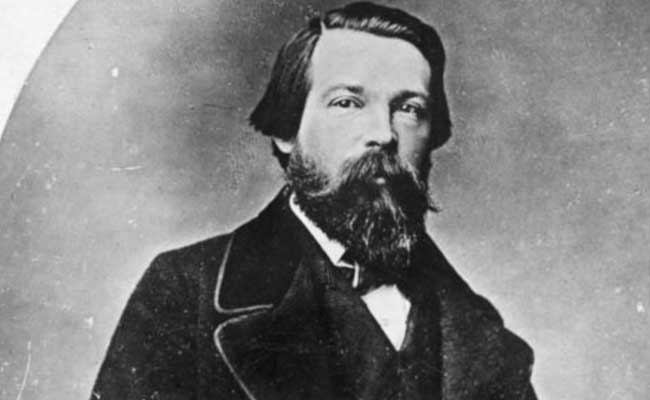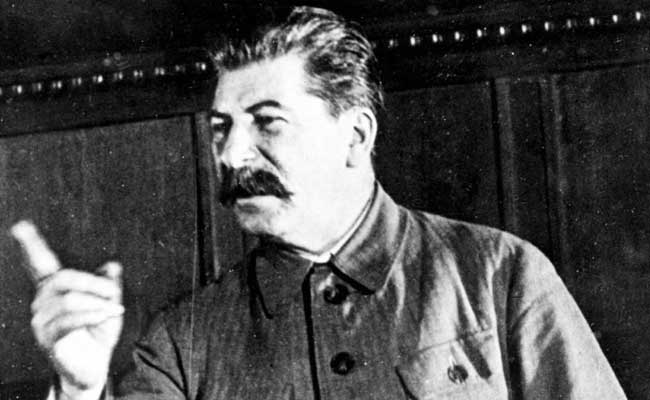Friedrich Engels: The Life and Legacy of a Revolutionary Thinker
Friedrich Engels was a German philosopher, political theorist, and social scientist who played a crucial role in the development of Marxist theory alongside his close friend and collaborator, Karl Marx. Engels’ contributions to the fields of economics, politics, and sociology were instrumental in shaping the ideas that continue to influence progressive movements around the world to this day.
Early Life and Education
Friedrich Engels was born on November 28, 1820, in Barmen, a small town in western Germany. His father was a wealthy cotton manufacturer, and Engels spent much of his youth studying at private schools before attending the University of Berlin in 1838 to study philosophy and history.
While in Berlin, Engels became interested in radical politics and began attending meetings of the Young Hegelians, a group of intellectuals who sought to apply Hegelian philosophy to contemporary social and political issues. It was at one of these meetings that he first met Karl Marx, with whom he would form a lifelong friendship and collaboration.
Engels’ early writings reflected the influence of the Young Hegelians and their emphasis on the importance of individual freedom and human reason. However, his political views became increasingly radical over time, and he began to embrace the ideas of communism and socialism as the most effective means of achieving social justice and equality.
Collaboration with Marx
Engels’ collaboration with Marx began in earnest in 1844, when he published an article in the Rheinische Zeitung, a newspaper edited by Marx, criticizing the Prussian government’s censorship policies. The two men corresponded frequently and developed a close intellectual bond, with Engels providing much-needed financial support to Marx throughout his life.
Together, Engels and Marx worked to develop a comprehensive theory of historical materialism, which held that social and economic conditions are the primary drivers of historical change. They also developed the concept of the class struggle, which held that society is divided into opposing classes with conflicting interests, and that the struggle between these classes is the driving force of historical development.
Their most famous work together, The Communist Manifesto, was published in 1848 and remains one of the most influential political documents of all time. The Manifesto called for the overthrow of the capitalist system and the establishment of a socialist society in which the means of production would be owned collectively by the workers.
Engels’ solo work, The Condition of the Working Class in England, published in 1845, was also an influential work that documented the appalling living and working conditions of the working-class in the industrialized cities of England. The book helped to draw attention to the plight of the working class and became a seminal work in the development of socialist thought.
Engels continued to collaborate with Marx throughout his life, providing financial support and editing and revising many of his friend’s works. After Marx’s death in 1883, Engels dedicated himself to editing and publishing the second and third volumes of Capital, which Marx had left unfinished at the time of his death.
Contributions to Marxist Theory
Engels’ contributions to Marxist theory were extensive and wide-ranging. In addition to his work on historical materialism and the class struggle, he also wrote extensively on economics, philosophy, and sociology.
One of his most significant contributions was his elaboration of the concept of dialectical materialism, which held that reality is in a constant state of change and that the interplay of contradictions is the driving force behind that change. This concept became a central tenet of Marxist theory and helped to distinguish it from other forms of socialism.
![]()





